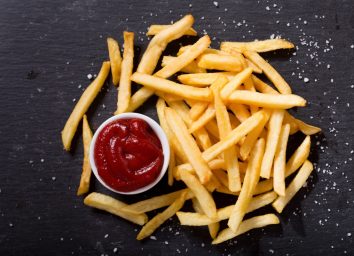7 Groceries You Should Never Buy On Sale

Everyone loves a good deal, but the grocery store isn’t always the best place to cut costs. In recent months, supply chain issues, bird flu, ingredient recalls, and general economic inflation have all directly impacted the cost of food at grocery stores, farmer’s markets, and restaurants.
But even as food prices across the country continue to rise, with staples like eggs, sugar, and poultry becoming especially high, it’s important to consider which foods are worth paying full price for and which can be bought at a discount.
When looking for sales at the grocery store, not all price slashes are a good thing. Before you add that day-old bread or overly ripe (but so cheap!) avocado to your cart, consider these groceries that are better to buy at their regular price.
Soon-To-Expire Dairy Products
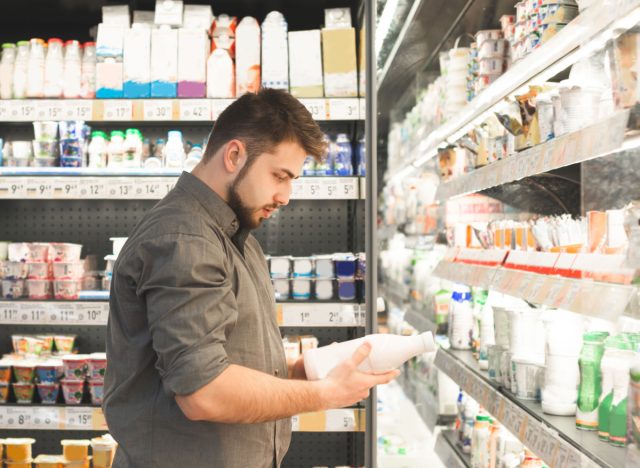
While not every expiration date is a hard-and-fast deadline for food safety and freshness, certain items are best bought well in advance of their sell- or use-by date. Fresh dairy products, especially those in large containers, such as milk, cream, yogurt, and cheese, will start to spoil soon after they’re opened and exposed to air. According to the FDA, milk can be kept in the fridge for up to seven days, and yogurt has one to two weeks. So unless you’re sure that you can finish that gallon of half-off milk within a week or so, it’s better to pay full price, or opt for a smaller container that won’t be sitting in your fridge for days.
Super Soft Fruit
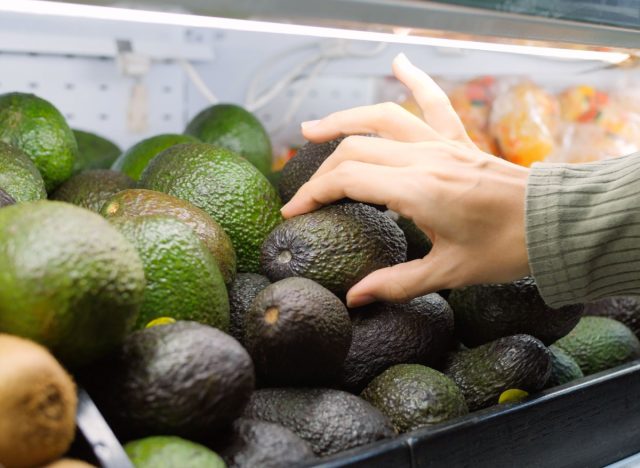
When shopping for most kinds of fruit, including melons, mangos, avocados, citrus, and stone fruit (like peaches, plums, and apricots), the best way to test for ripeness is by giving it a gentle squeeze. Fruit at its peak with give slightly when pressed, and bounce back, rather than staying bruised or dented. But if you come across an enticing tower of dark green avocados on sale that all seem easily squeezable, you may want to steer clear. According to the FDA, avocados can last up to four days in the fridge from the date of purchase, but if yours are already past their prime, you have far less time.
Overly ripe avocados are highly susceptible to bruising and no one wants to slice open their fruit only to discover a brown mess inside. Chances are, by the time you transport your cheap avocados back home, they’ll be long past their peak flavor and texture. Instead, choose lighter green, firmer fruit. After a few days on the counter, they’ll be the perfect creamy consistency to spread on your avocado toast. Use the same rule of thumb for other delicate fruit and vegetables too.
Bruised Produce
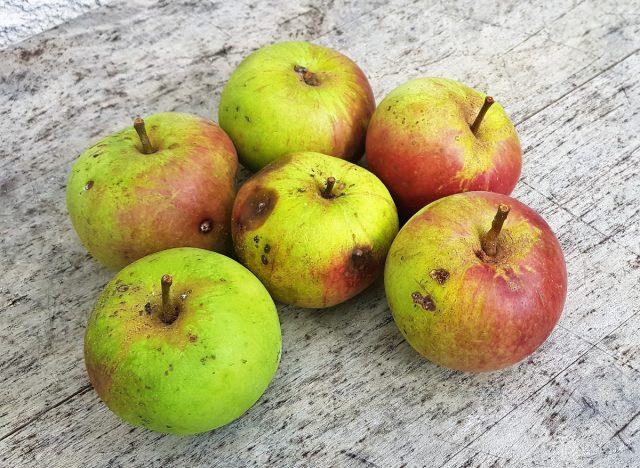
Another good indication that on-sale produce is too good to be true is if it has visible signs of age and damage. These include dark bruises, brown spots, cuts or scabs. The same rule applies if they look shriveled and dried out. These are all indications that the produce has been sitting around for a while at the store, and it won’t have the flavor, texture, or nutrients you’re looking for. You’re better off spending a few extra dollars on the freshest produce.
Dented Canned Goods
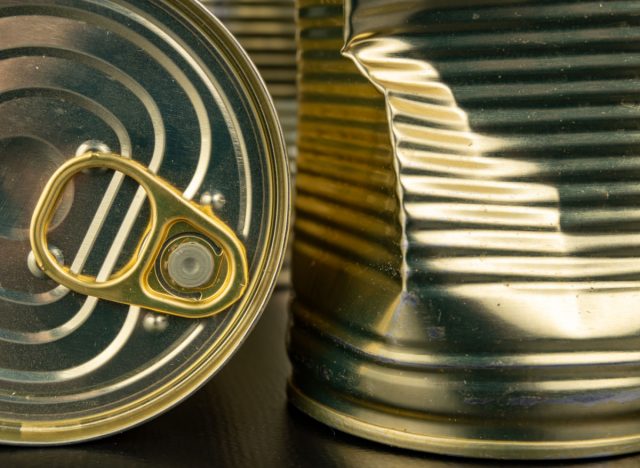
While the general wisdom is true that canned goods are okay in your pantry for longer than most food items, not all canned goods are safe for the long haul. Dents and bumps can happen, especially if the cans are handled roughly during transit, and the USDA advises avoiding cans with deep dents “that you can stick your finger into.” These craters can let potentially harmful bacteria, such as botulism, inside the can. The same goes for any cans or jars that are bulging on the sides or lids.
Items You’re Unlikely to Use
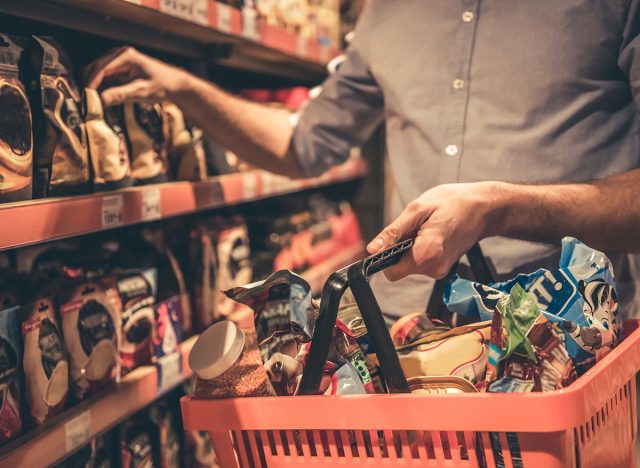
A great deal can be all too enticing, even at the grocery store. So while you might be drawn to the 50-cent bottles of cranberry juice in the sale rack at the back of the store, if you’re not likely to actually consume or cook with the item, you’re still spending money you wouldn’t otherwise. So before you buy, assess the sale and make sure you’ll actually make it through the entire bottle before it goes bad.
Items You Can’t Properly Store

You’ll also want to skip any on-sale groceries that you simply don’t have the storage space for. For example, if your freezer is already packed with smoothie ingredients, use those up before buying a super-cheap box of popsicles. Your pops will melt away if you can’t store them properly.
Bulk Spices
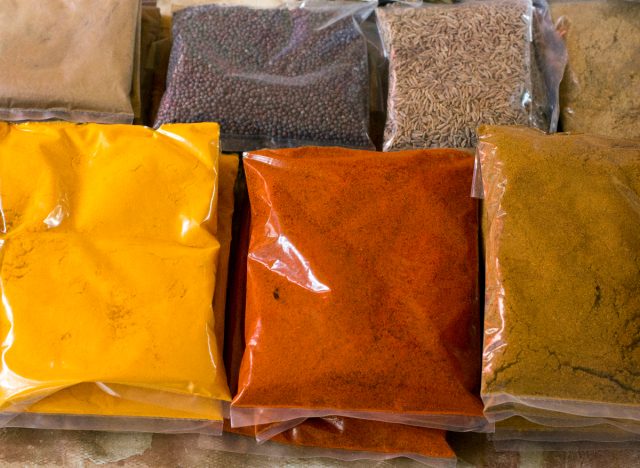
While dried spices won’t necessarily spoil or rot like fresh products, they do lose their flavor, aroma, and potency over time, especially after they’ve been opened and exposed to air. So as much as you might love cinnamon, if you’re not going to finish the discounted family-sized bottle within three to six months, it’s best to leave it on the sale rack. Instead, opt for smaller (and often cheaper) bottles of spices that you can use in a reasonable amount of time.



